The NFL offseason is often a hotbed of speculation and rumor, with fans and pundits alike eagerly dissecting every potential move and its implications. One of the most talked-about topics this year has been the future of Aaron Rodgers, the 41-year-old quarterback who has been a league standout for over a decade. After a tumultuous tenure with the New York Jets, Rodgers is once again a free agent, and his next destination is the subject of much debate. Among the teams rumored to be interested is the Pittsburgh Steelers, a franchise with a storied history and a passionate fan base. However, one voice from within that fan base is making it clear that Rodgers is not welcome: none other than Steelers legend Terry Bradshaw.
Bradshaw, a four-time Super Bowl winner and one of the greatest quarterbacks in NFL history, has been vocal about his disapproval of the idea of Rodgers joining the Steelers. In a recent appearance on "The Pat McAfee Show," Bradshaw expressed his skepticism about the potential move, questioning the logic of bringing in an aging quarterback for just one year. "That's a joke. That to me is just a joke," Bradshaw said, highlighting what he sees as the impracticality of such a short-term solution. He went on to reference Rodgers' unconventional lifestyle, including his use of ayahuasca and other alternative practices, suggesting that Rodgers should "stay in California and chew on bark."
Bradshaw's comments reflect a deeper concern about the fit between Rodgers and the Steelers' current roster and coaching staff. The team has been struggling to find stability at the quarterback position, and many fans are eager for a solution. However, Bradshaw believes that the answer lies not in bringing in an experienced but aging quarterback like Rodgers, but in nurturing and developing the talent already on the roster.
One player who has been thrust into the spotlight is Kenny Pickett, the Steelers' 2022 first-round draft pick. Bradshaw has been particularly critical of the team's handling of Pickett, arguing that they failed to provide him with the necessary support to succeed. "The Steelers drafted Kenny Pickett. I liked Kenny Pickett. I liked him at Pitt; I know him; I know what he's like. And when they got him to Pittsburgh, here's what they didn't do: They didn't protect him," Bradshaw said. He pointed out that Pickett was thrown into a difficult situation with an offense that didn't suit his strengths and an underperforming offensive line. "You throw a kid in there for two years, and you've got an offense that doesn't fit and doesn't work, and they can't run because their offensive line's not good enough. And therefore, they say Pickett was a failure. He wasn't a failure; the Steelers were."
The Steelers' quarterback situation has been further complicated by the recent return of Mason Rudolph, who signed a two-year contract to rejoin the team after spending the 2024 season with the Tennessee Titans. Rudolph, who has been with the Steelers since 2018, is currently practicing as the starting quarterback during offseason training activities (OTAs). However, it remains to be seen whether he will retain the starting role once the regular season begins. When asked about the Rodgers speculation, Rudolph remained focused on his own performance. "That's nothing new to me. There's been constant noise. That is the nature of the NFL. So, I have been used to that for a long time now. I do nothing but be the best I can be and help our team get better this spring," he said.
The debate over whether the Steelers should pursue Rodgers is a complex one, with valid arguments on both sides. On one hand, Rodgers' experience and track record of success are undeniable. He has proven himself as one of the league's elite quarterbacks, with four MVP awards and a Super Bowl victory to his name. His presence could provide immediate stability and leadership to a team in need. However, Bradshaw's concerns about the long-term fit and the potential impact on younger players like Pickett are also worth considering. The Steelers have a history of developing quarterbacks from within, and investing in Pickett's growth could be a more sustainable solution.
Moreover, the Steelers' current roster and coaching staff may not be the best fit for Rodgers' style of play. The team's offensive line has been a perennial issue, and without a significant upgrade, it could hinder Rodgers' effectiveness. Additionally, the Steelers' coaching staff may need to adapt their offensive scheme to better suit Rodgers' strengths, which could be a challenging transition.
The question of whether the Pittsburgh Steelers should pursue Aaron Rodgers is a multifaceted one. While Rodgers' experience and talent are undeniable, the concerns raised by Terry Bradshaw about the fit and long-term implications are valid. The Steelers need to carefully consider their options, weighing the potential benefits of bringing in a proven veteran against the importance of developing their own talent. Ultimately, the decision will have far-reaching consequences for the team's future, and it is crucial that they make a choice that aligns with their long-term goals and vision.

By Rebecca Stewart/May 29, 2025

By Emily Johnson/May 29, 2025

By Victoria Gonzalez/May 29, 2025
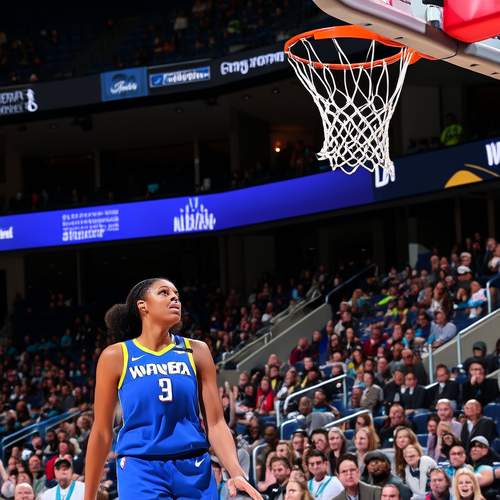
By Megan Clark/May 29, 2025

By Emma Thompson/May 29, 2025

By Emily Johnson/May 29, 2025

By Grace Cox/May 29, 2025
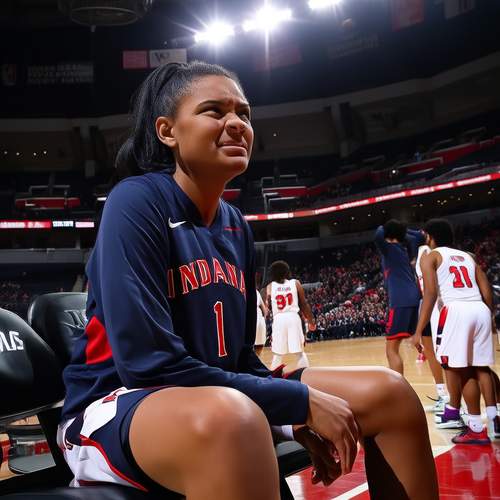
By Elizabeth Taylor/May 29, 2025
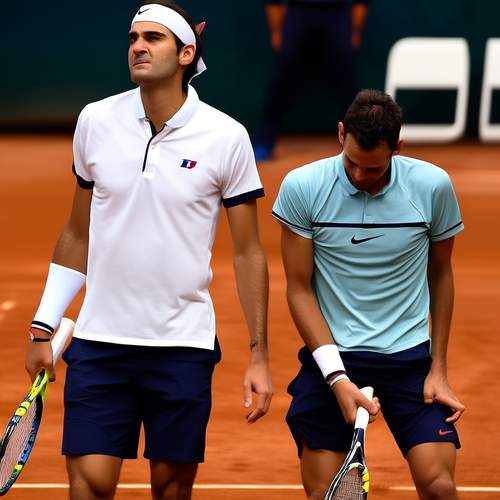
By Sarah Davis/May 29, 2025

By Christopher Harris/May 29, 2025

By Emily Johnson/May 20, 2025
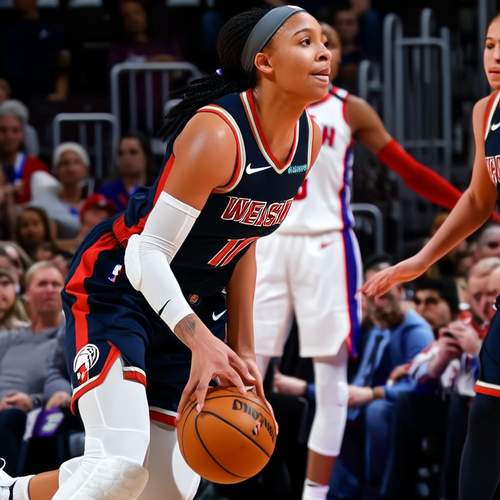
By Benjamin Evans/May 20, 2025
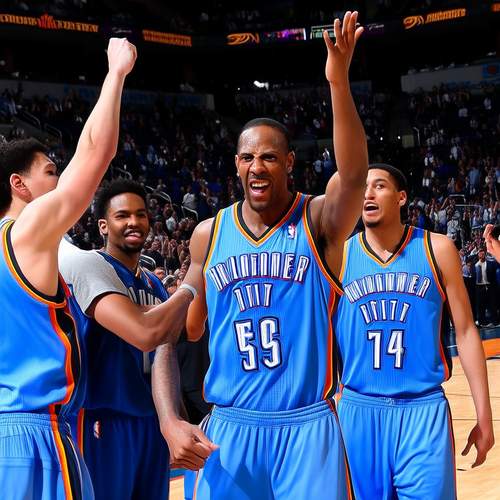
By Victoria Gonzalez/May 20, 2025

By Joshua Howard/May 20, 2025

By Sophia Lewis/May 20, 2025

By Natalie Campbell/May 20, 2025

By William Miller/May 20, 2025